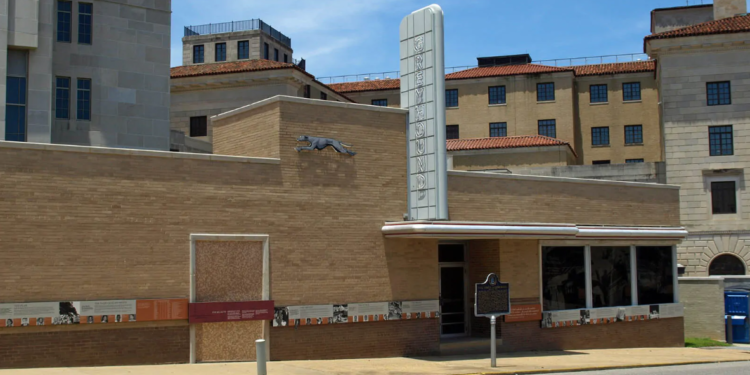March 14, 2025 Story by: Editor
MONTGOMERY, Ala. – U.S. Rep. Terri Sewell, D-Birmingham, expressed relief on Wednesday after the U.S. General Services Administration (GSA) confirmed that Montgomery’s historic Bus Station, which houses the Freedom Riders Museum, has been removed from the agency’s list of properties up for sale.
“I’m relieved that this important piece of our nation’s civil rights history will not be sold off to the highest bidder. The Trump Administration should have never placed it on that list to begin with,” Sewell stated.
She emphasized the power of collective advocacy in preserving historical landmarks. “Let this be an important lesson when we use our voices to speak up and speak out, we can make a difference. I’m grateful to Congressman (Shomari) Figures for his strong advocacy on this issue. We will continue to do what is necessary to preserve and protect the faces and places of the Civil Rights Movement.”
Lawmakers Opposed the Museum’s Inclusion on the GSA Sale List
Earlier this month, the Trump administration announced plans to sell hundreds of federal buildings classified as “non-core assets.”
According to USA Today, the initial list of 443 properties included several sites recognized on the National Register of Historic Places, as well as some that had undergone major renovations. Among them was Montgomery’s historic Bus Station, home to the Freedom Riders Museum.
Following the release of the list, Sewell and Figures, D-Mobile, formally urged the GSA to remove the museum from consideration.
The Freedom Riders’ Legacy and the Significance of the Montgomery Bus Station
The Montgomery Bus Station holds a profound place in civil rights history.
On May 20, 1961, a group of Black and white civil rights activists known as the Freedom Riders arrived at the station in a peaceful demonstration against segregation. However, they were violently attacked by a mob of white supremacists.
The station ceased operations in 1995 and was designated a historic site the following year. In 2011, the Freedom Riders Museum was established, featuring photographs and exhibits that preserve the memory of this pivotal moment in the struggle for racial equality. Source: Tuscaloosa News

















